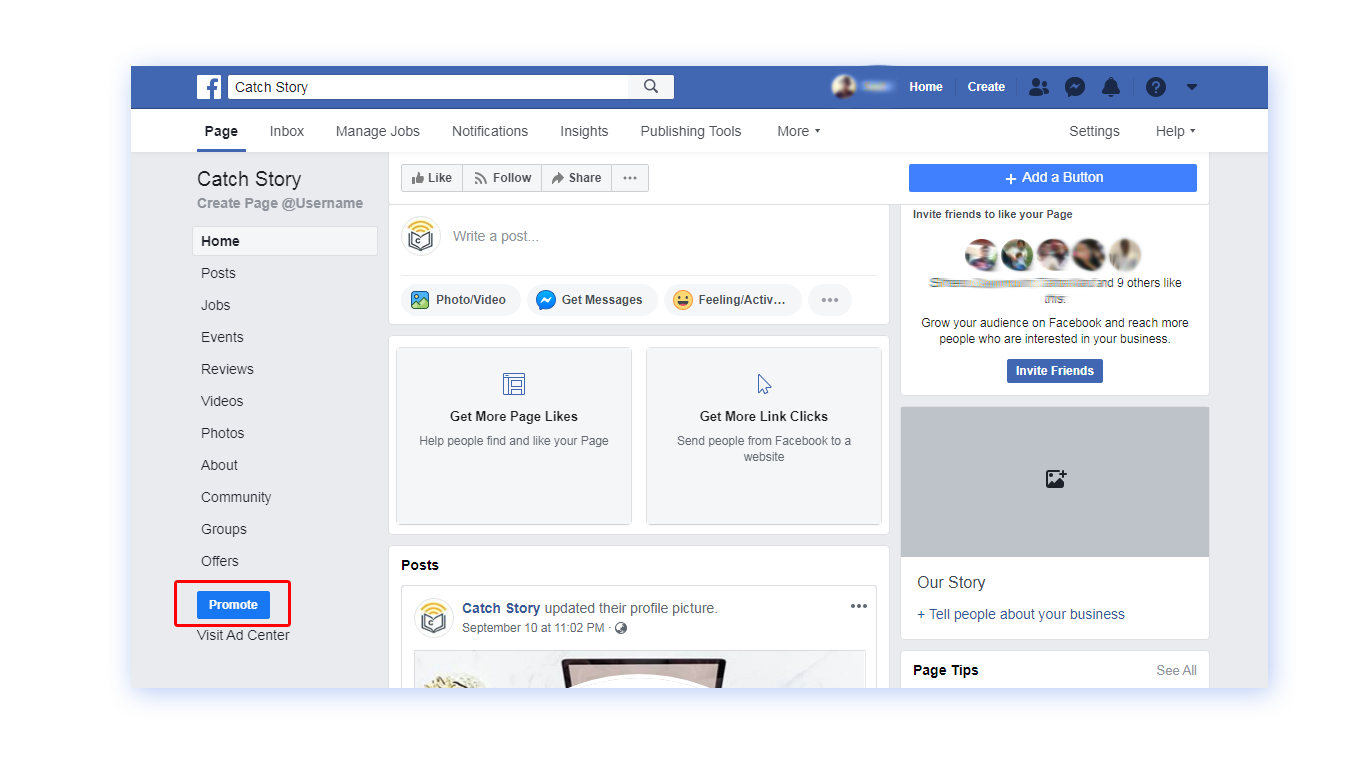
Cloud computing refers to the delivery of computing services, including storage, processing power, and applications, over the Internet. Instead of owning and maintaining physical servers or computing infrastructure, businesses and individuals can access and use computing resources on-demand from a cloud service provider. These services are often provided through a pay-as-you-go or subscription-based model.
The key components of cloud computing include:
Infrastructure as a Service (IaaS):
Provides virtualized computing resources over the internet, such as virtual machines, storage, and networking.
Platform as a Service (PaaS):
Offers a platform that allows developers to build, deploy, and manage applications without dealing with the complexities of infrastructure.
Software as a Service (SaaS):
Delivers software applications over the internet, eliminating the need for users to install, maintain, and update software locally.
Cloud computing offers several advantages, including:
Scalability:
Users can easily scale up or down their computing resources based on demand, allowing for flexibility and cost optimization.
Cost Efficiency:
Cloud computing eliminates the need for organizations to invest in and maintain physical hardware. Users only pay for the resources they consume.
Accessibility:
Users can access cloud services and data from anywhere with an internet connection, promoting remote collaboration and flexibility.
Reliability:
Cloud service providers often have redundant systems and backup processes, enhancing the reliability and availability of services.
Security:
Cloud providers invest in advanced security measures to protect data and infrastructure. However, users must also implement their own security practices.
Innovation:
Cloud computing allows organizations to quickly adopt new technologies and services without the delays associated with traditional IT infrastructure.
Popular cloud service providers include Amazon Web Services (AWS), Microsoft Azure, Google Cloud Platform (GCP), and others. Organizations can choose the type of cloud service (public, private, or hybrid) based on their specific needs and requirements.


















